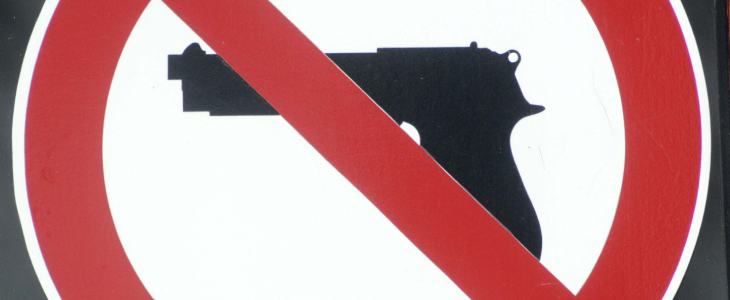Michigan’s weapon laws can be complex, with specific regulations defining permissible actions for owning, carrying, and using firearms and other weapons. Differentiating between open carry and concealed carry, understanding the process for obtaining necessary permits, and recognizing prohibited areas are crucial for lawful weapon possession. Moreover, being aware of the activities and types of weapons deemed illegal can prevent unintentional legal issues for residents and visitors alike.
Understanding Basic Michigan Weapon Laws
Michigan’s weapon laws set clear boundaries for the possession and use of firearms and other types of weapons within the state. Under these laws, a “weapon” encompasses a variety of items beyond guns, including, but not limited to, knives, brass knuckles, and certain types of sprays. The state differentiates between open carry, which allows for the visible carrying of a firearm in public spaces, and concealed carry, which requires a Concealed Pistol License (CPL) and conceals the weapon from public view.
Legally owning a firearm in Michigan requires adherence to both federal and state background checks and age restrictions. Residents need to understand where they can legally carry their weapons, as schools, courts, places of worship, hospitals, and certain entertainment venues often prohibit them, even with a CPL.
The nuances of these laws aim to balance individual rights with public safety, making it imperative for individuals to stay informed about where and how they can legally carry their weapons to avoid unintentional violations.
Concealed Pistol Licenses (CPL) in Michigan
In Michigan, obtaining a Concealed Pistol License (CPL) allows individuals to carry a concealed firearm legally. Applicants must be at least 21 years old, have completed a certified firearms training course, and possess no felony convictions, among other requirements. The application process involves a thorough background check, fingerprinting, and payment of a fee. Once issued, a CPL is valid for up to five years.
Holders of a CPL must adhere to specific regulations, including informing law enforcement officers of their license and that they have a concealed weapon on their person during stops and refraining from carrying concealed weapons in designated gun-free zones. Renewing a CPL requires additional fees and, in some cases, further training. Understanding and complying with these guidelines ensures that CPL holders can exercise their rights responsibly.
Prohibited Weapons and Activities
Michigan law clearly defines certain weapons and activities as illegal, ensuring the safety and well-being of its residents. Prohibited weapons include, but are not limited to, automatic firearms, short-barreled shotguns or rifles, and bombs. Owning, selling, or manufacturing these items can have severe legal consequences.
Additionally, the law outlines activities considered dangerous and unlawful when involving weapons. These include brandishing a weapon in a public space, carrying a firearm while under the influence of alcohol or drugs, and possessing a weapon in designated gun-free zones such as schools or government buildings. Understanding and adhering to these restrictions is crucial for anyone who owns or plans to own a weapon in Michigan, as violations can lead to significant penalties, including fines and imprisonment.
Penalties for Weapon Law Violations
Violating Michigan’s weapon laws can result in serious penalties, which vary based on the severity and nature of the offense. Misdemeanor charges might apply to less severe infractions, such as carrying a concealed weapon without a proper license, potentially leading to fines, community service, or short-term imprisonment. More serious violations, like possession of illegal firearms or committing a felony with a weapon, can result in felony charges, heavier fines, longer prison sentences, and loss of future firearm rights.
The consequences extend beyond legal penalties and can affect employment, housing, and educational opportunities. Repeated offenses or violations involving aggravated circumstances can lead to even harsher penalties. Adhering to Michigan’s weapon regulations helps avoid these legal complications and maintains the safety and security of the individual and the community.
Contact an Experienced Michigan Weapon Law Attorney
At Federal Criminal Attorneys of Michigan, we are dedicated to supporting individuals facing weapon law charges or seeking legal clarity. Our team provides personalized advice, helping you understand your rights and the complexities of your case. Don’t hesitate to reach out if you’re navigating legal challenges or have questions about Michigan’s weapon laws. Contact us today for comprehensive support and to protect your rights.

